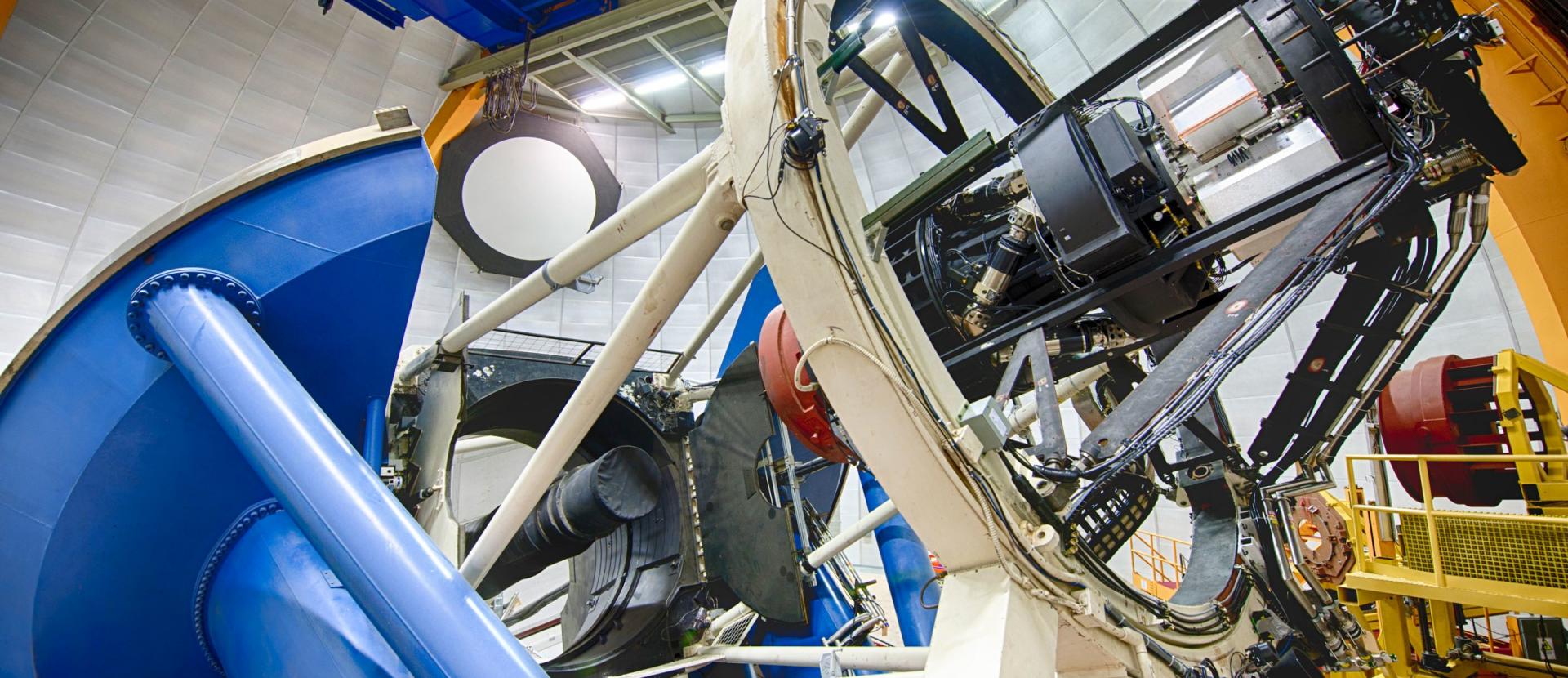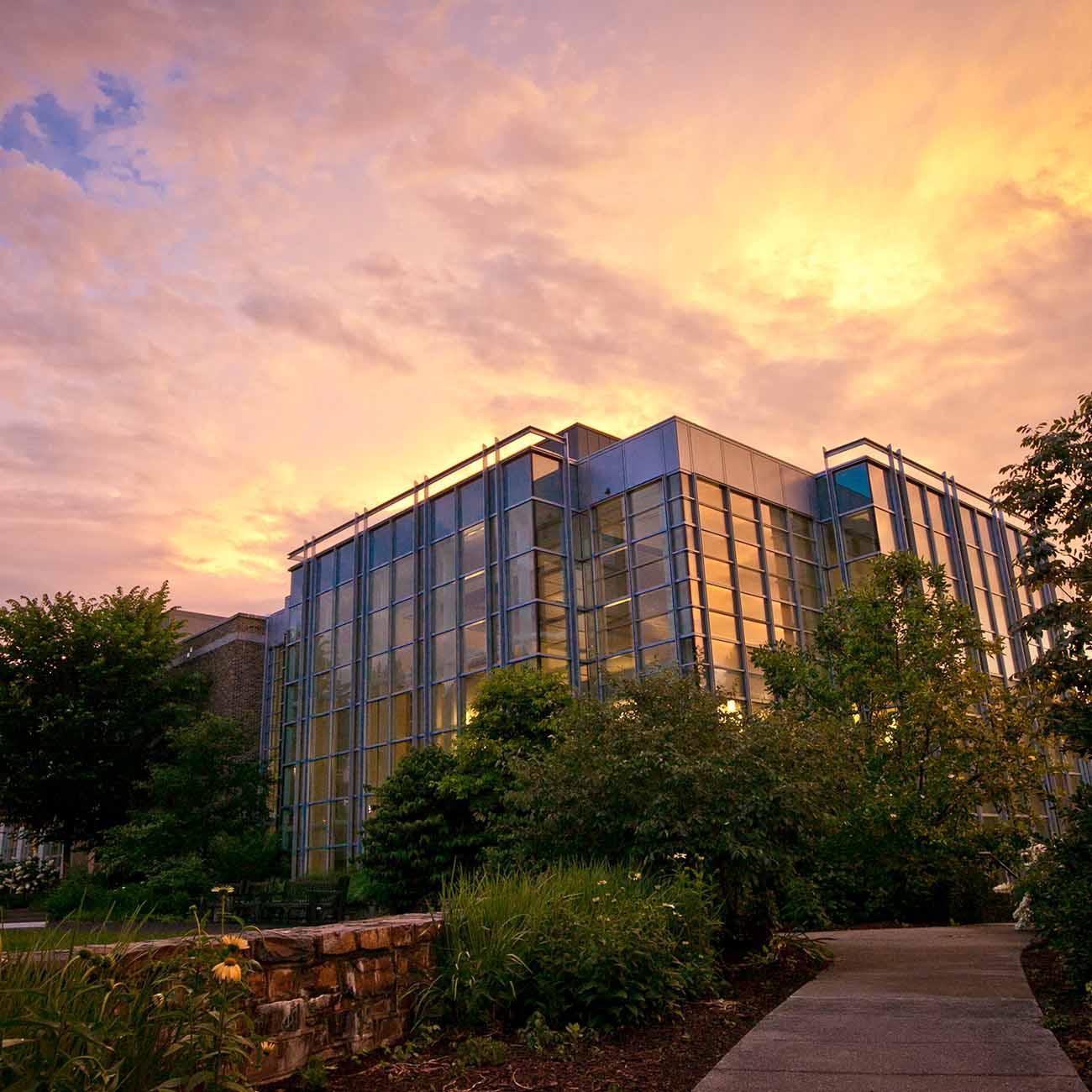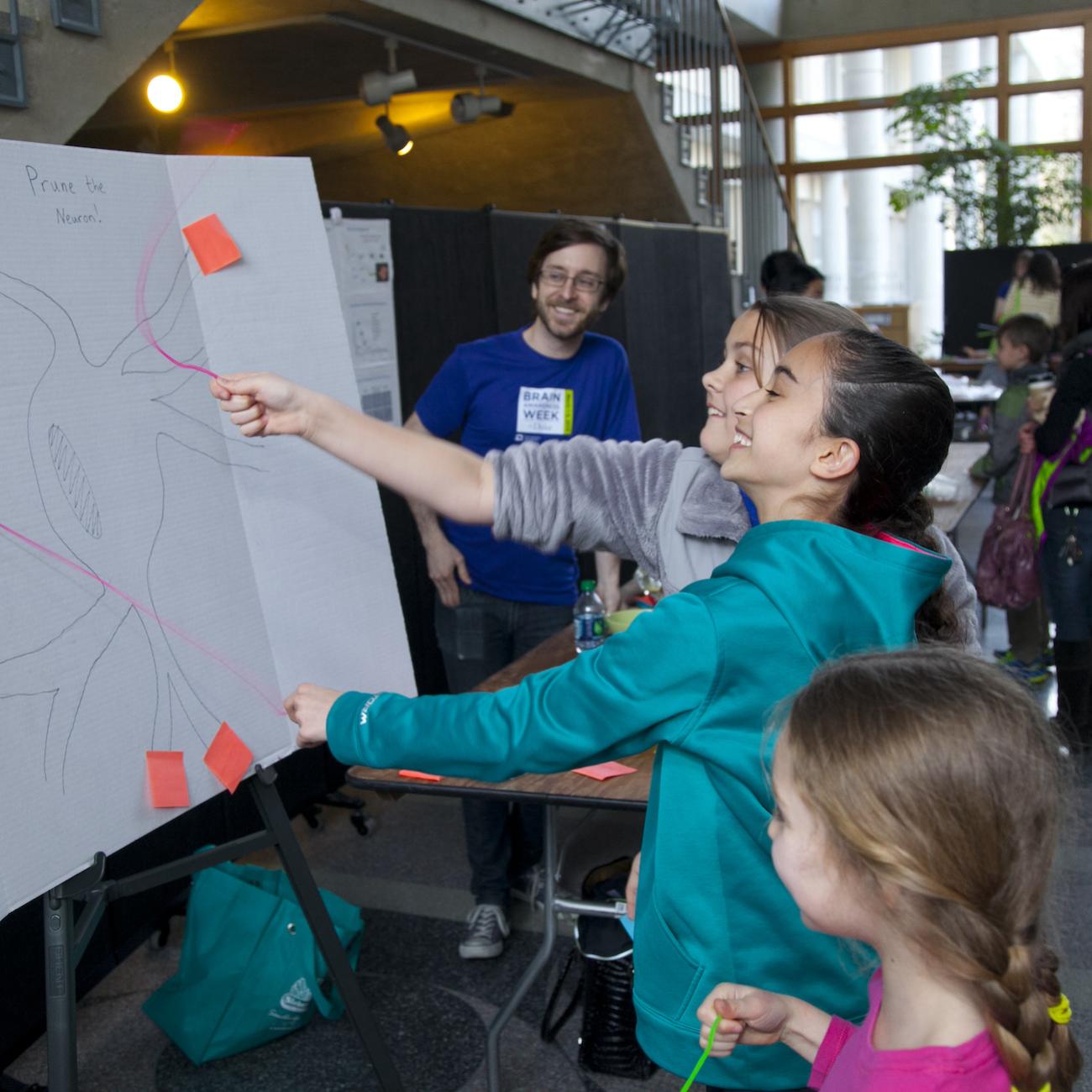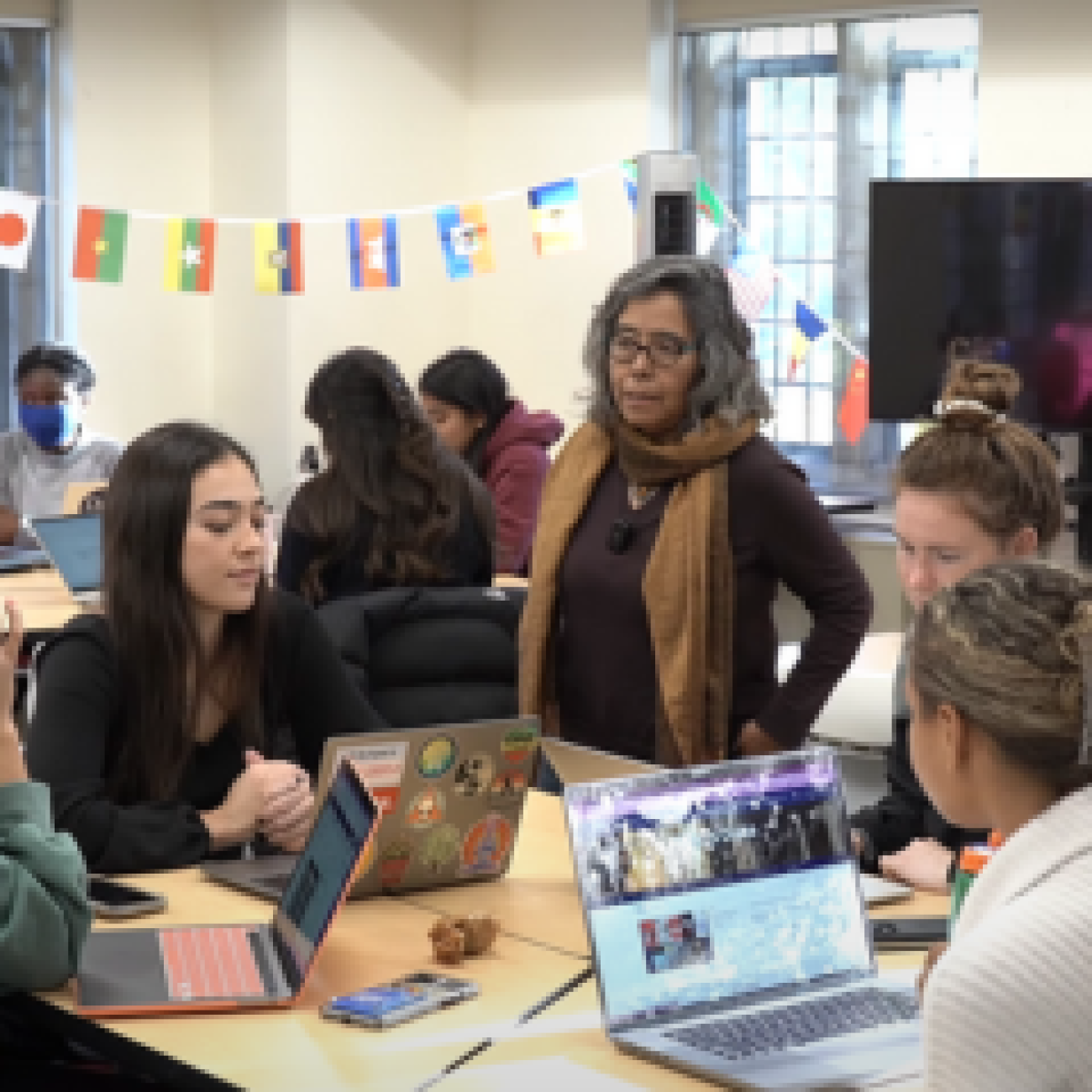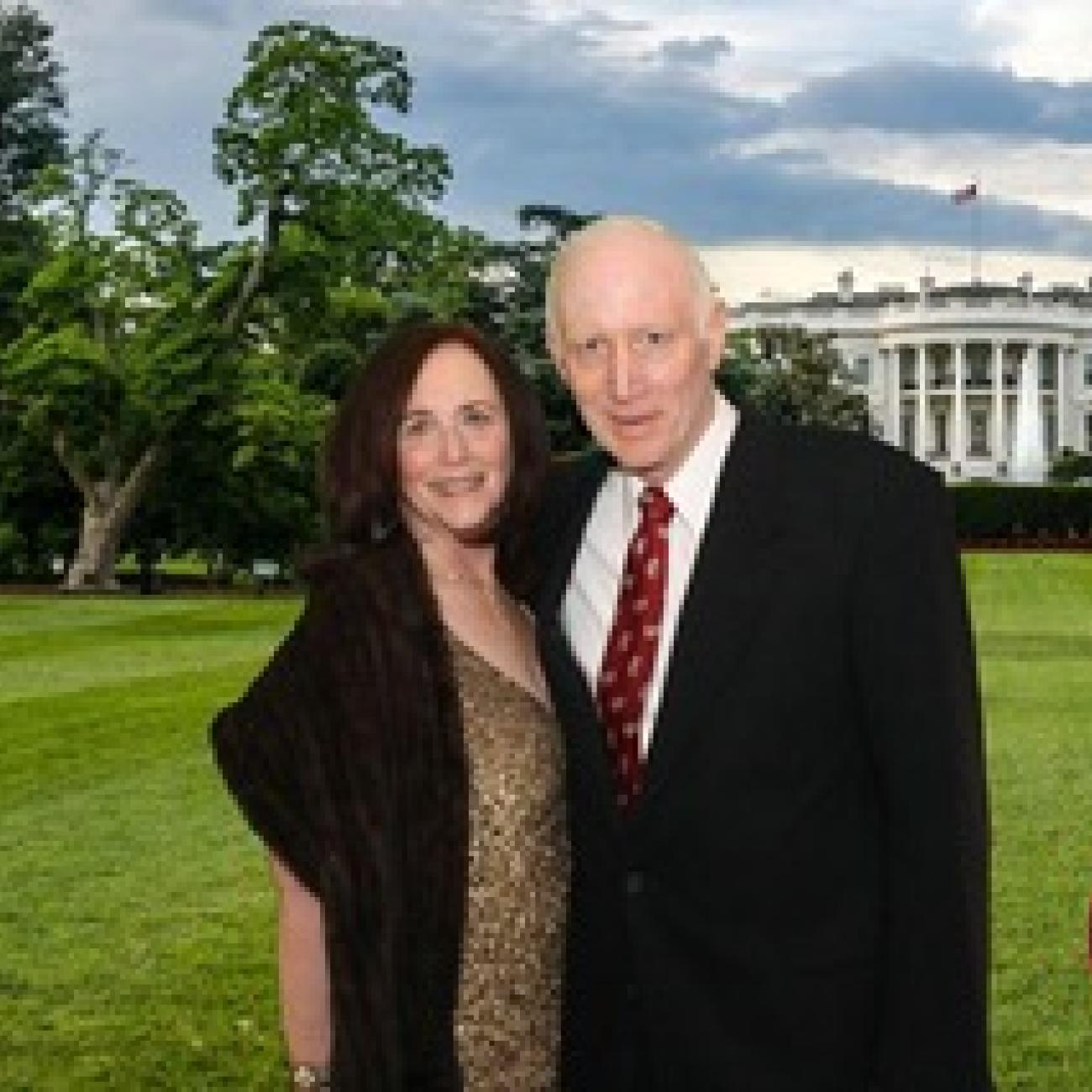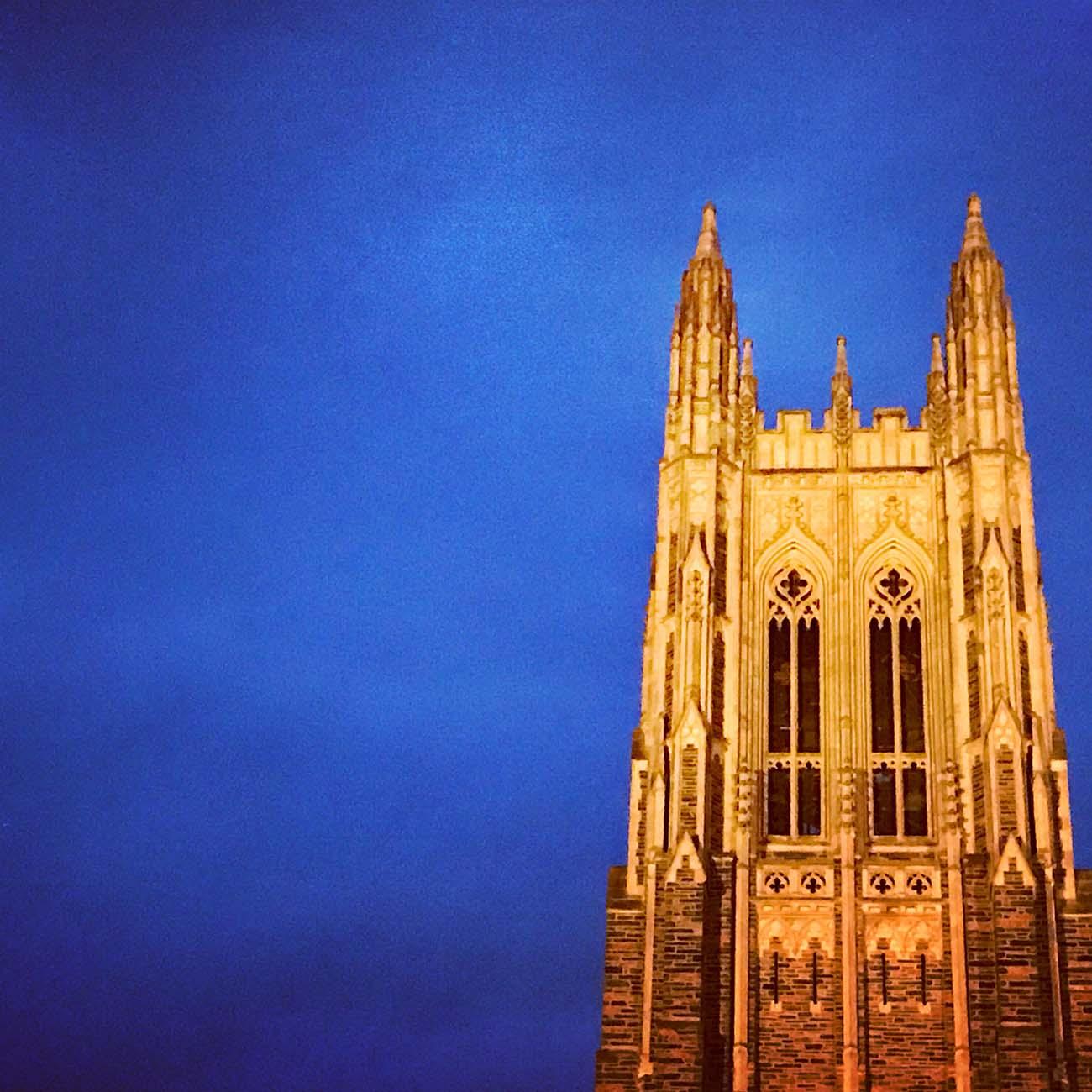Packard Fellowship Supports Duke Cosmologist in Studying What Makes Up The Universe
A five-year, $875,000 grant from the David and Lucile Packard Foundation will help assistant professor of physics Dan Scolnic study dark energy, the unknown substance that makes the universe expand at an ever faster rate. Scolnic is one of 22 scientists to receive a 2019 Packard Fellowship in Science and Engineering, awarded each year “to allow the nation's most promising early career professors to pursue their science and engineering research with few funding restrictions and limited paperwork requirements.”







